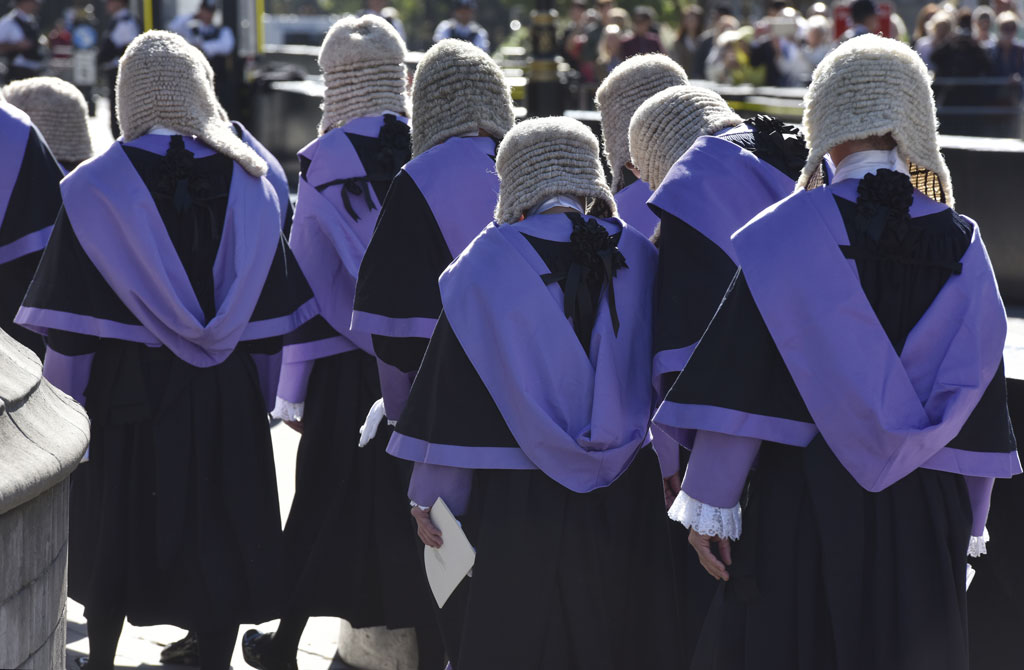
If we value the rule of law, we must not take our judges for granted, says Khawar Qureshi QC
- The Constitutional Reform Act 2005 removed the Lord Chancellor from the centuries-old role of head of the judiciary.
- The judiciary has since been subjected to increased attacks from politicians and the media, yet are prevented from answering back.
One of the most radical and unexpected changes to the position of the judiciary took place on 12 June 2003, when the Labour Government abruptly announced the abolition of the centuries old role of the Lord Chancellor who had hitherto been described as ‘the lightning rod between the executive and the judiciary’. Lord Irvine was removed from the post of Lord Chancellor, and replaced by Lord Falconer who immediately encountered heavy criticism and resistance for the lack of consultation with the judiciary, and the somewhat hasty approach that was being adopted.









